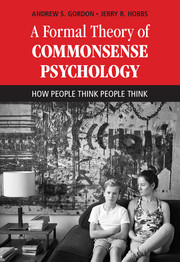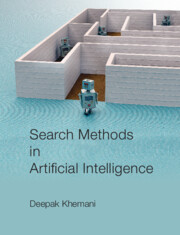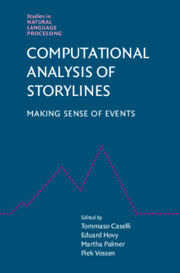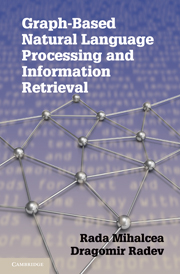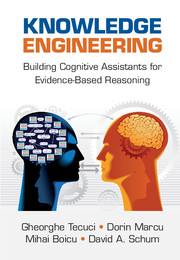A Formal Theory of Commonsense Psychology
Commonsense psychology refers to the implicit theories that we all use to make sense of people's behavior in terms of their beliefs, goals, plans, and emotions. These are also the theories we employ when we anthropomorphize complex machines and computers as if they had humanlike mental lives. In order to successfully cooperate and communicate with people, these theories will need to be represented explicitly in future artificial intelligence systems. This book provides a large-scale logical formalization of commonsense psychology in support of humanlike artificial intelligence. It uses formal logic to encode the deep lexical semantics of the full breadth of psychological words and phrases, providing fourteen hundred axioms of first-order logic organized into twenty-nine commonsense psychology theories and sixteen background theories. This in-depth exploration of human commonsense reasoning for artificial intelligence researchers, linguists, and cognitive and social psychologists will serve as a foundation for the development of humanlike artificial intelligence.
- Catalogues the full breadth of psychological words and phrases in the English language
- Provides twenty-nine commonsense psychology theories and sixteen background theories, described in fourteen hundred axioms of first-order logic
- Establishes a foundation for the future development of artificial intelligence
Product details
September 2017Hardback
9781107151000
584 pages
260 × 182 × 33 mm
1.2kg
Available
Table of Contents
- Part I. Commonsense Psychology:
- 1. Commonsense psychology and psychology
- 2. Commonsense psychology and computers
- 3. Formalizing commonsense psychology
- 4. Commonsense psychology and language
- Part II. Background Theories:
- 5. Eventualities and their structure
- 6. Traditional set theory
- 7. Substitution, typical elements, and instances
- 8. Logic reified
- 9. Functions and sequences
- 10. Composite entities
- 11. Defeasibility
- 12. Scales
- 13. Arithmetic
- 14. Change of state
- 15. Causality
- 16. Time
- 17. Event structure
- 18. Space
- 19. Persons
- 20. Modality
- Part III. Commonsense Psychology Theories:
- 21. Knowledge management
- 22. Similarity comparisons
- 23. Memory
- 24. Envisioning
- 25. Explanation
- 26. Managing expectations
- 27. Other agent reasoning
- 28. Goals
- 29. Goal themes
- 30. Threats and threat detection
- 31. Plans
- 32. Goal management
- 33. Execution envisionment
- 34. Causes of failure
- 35. Plan elements
- 36. Planning modalities
- 37. Planning goals
- 38. Plan construction
- 39. Plan adaptation
- 40. Design
- 41. Decisions
- 42. Scheduling
- 43. Monitoring
- 44. Execution modalities
- 45. Execution control
- 46. Repetitive execution
- 47. Mind-body interaction
- 48. Observation of plan executions
- 49. Emotions.

